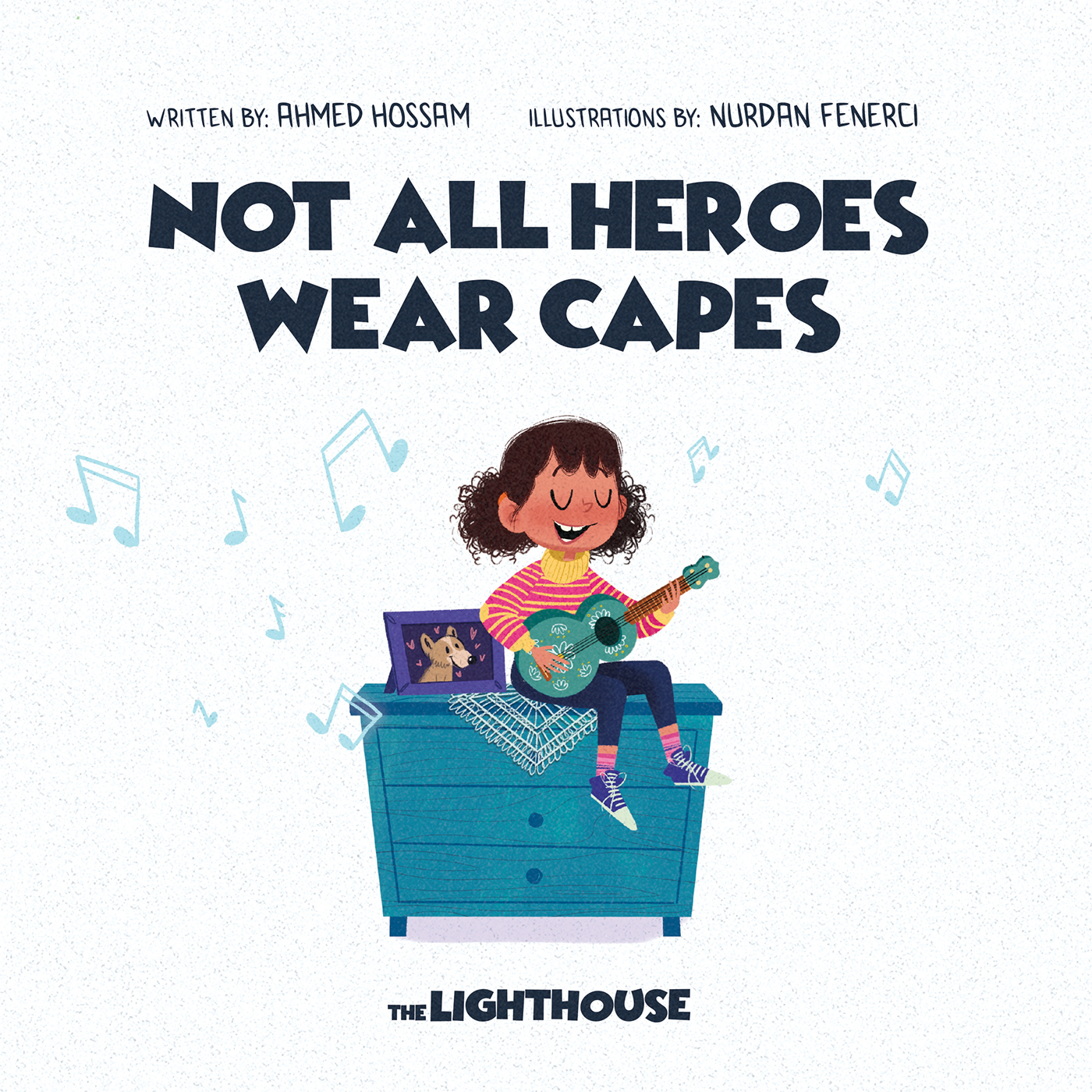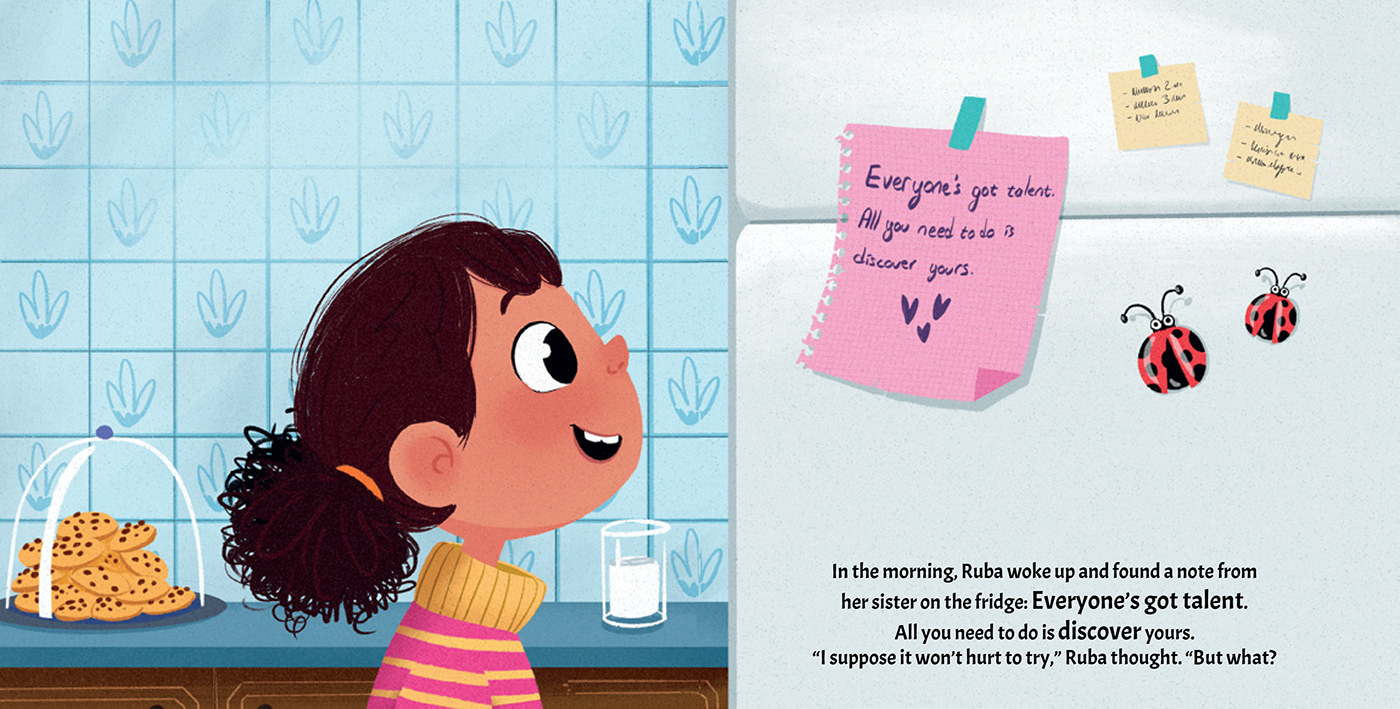
“When the outcome is unpredictable, the behavior is more likely to repeat,” Sperling says. “Think of a slot machine: if game players knew they never were going to get money by playing the game, then they never would play. The idea of a potential future reward keeps the machines in use. The same goes for social media sites. One does not know how many likes a picture will get, who will ‘like’ the picture, and when the picture will receive likes.
"Not All Heroes Wear Capes" is a children's book that raises awareness of the dangers
of social media on children and how to overcome it.
Published by: The Lighthouse
Written by: Ahmed Hossam
Illustration by: Nurdan Fenerci



Social media use can negatively affect kids, distract them, disrupt their sleep, expose them to bullying, spread rumors, unrealistic views of other people’s lives,
and peer pressure.
Constantly watching the content provided by influencers makes you feel inferior, believing that this is the ideal life most people live and that you failed to reach it. According to mental health startup Sanctus, the pressure to present the perfect life online is real and gets us down, with 62% of people feeling inadequate when they compare their lives to others online. “Social media makes it easy to compare oneself to another,” says Dr. Eshleman. “Most people put on social media what they want you to see. And by using social media, all of us have the ability to access endless information anytime we want to and that can be very hard for kids.”
Social media has a reinforcing nature. Using it activates the brain’s reward center by releasing dopamine, a “feel-good chemical” linked to pleasurable activities such as sex, food, and social interaction.
The platforms are designed to be addictive and are associated with anxiety, depression, and even physical ailments.
The platforms are designed to be addictive and are associated with anxiety, depression, and even physical ailments.










